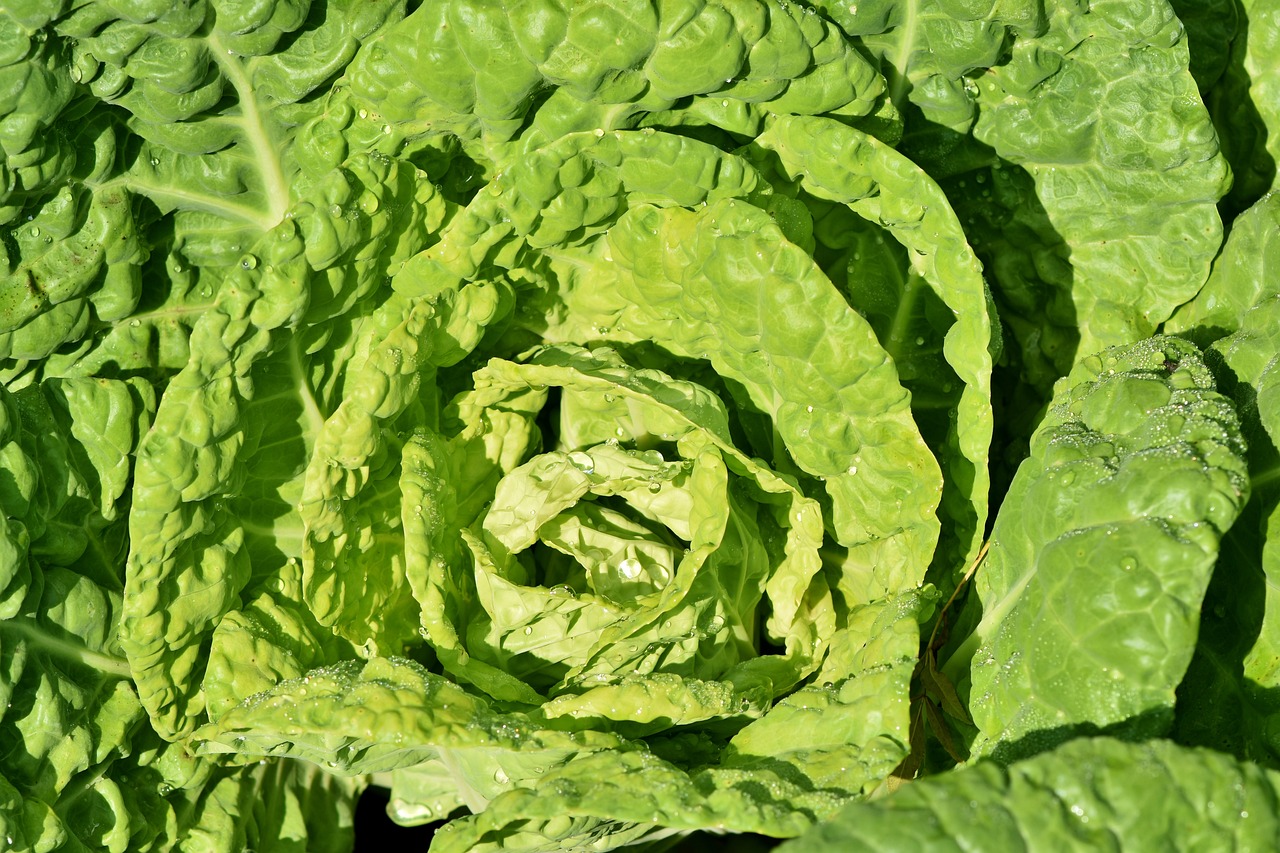Various nutrients play important roles in the human body in our daily diet, and any inadequate or excessive intake will affect human health. Therefore, it is very important to have a reasonable dietary intake frequency and intake according to the Dietary Reference Intakes for Nutrients (DRIS).
Below, let’s learn how to enjoy the pleasure of food without jeopardizing your health.
1 Deep-sea fish
Deep-sea fish is rich in high-quality protein and polyunsaturated fatty acids, of which DHA and EPA are two of the most important polyunsaturated fatty acids in the human body. DHA is an abbreviation for docosahexaenoic acid, which has the effect of softening blood vessels, brain-healthy intelligence and improving eyesight, and is commonly referred to as “Brain Gold”; EPA is an abbreviation for eicosapentaenoic acid. EPA is an abbreviation for eicosapentaenoic acid, which has the function of cleaning up the garbage (cholesterol and triglycerides) in blood vessels, commonly known as “blood vessel scavenger”.
However, with the accelerated industrialization and urbanization of coastal areas, the offshore environment has been polluted, and the problem of seafood pollution has become more and more prominent, of which heavy metals are one of the main pollutants. Heavy metals can exist stably in the aquatic environment, followed by enrichment in organisms, and their pollution is characterized by high toxicity, environmental persistence, concealment and bioaccumulation. Therefore, if deep-sea fish is eaten too much, heavy metals such as lead, mercury, cadmium and drilling are easy to exceed the standard, and any one of these heavy metals can cause headache, dizziness, insomnia, forgetfulness, nervous disorders, joint pains, stones, and even lead to the occurrence of cancer.
Yi-Chen Lin of the Chinese Academy of Sciences, using the World Health Organization FAO/WHO recommended temporary maximum weekly intake of heavy metals, calculated the maximum limit value of heavy metals that can be ingested by an average person per day. When copper is the maximum standard limit, adults should consume no more than 99 g of oysters per day in order to avoid the risk of excessive heavy metal intake; when chromium is the maximum standard limit, the maximum bivalve consumption is 147.2 g; and when cadmium is the maximum standard limit, the maximum combination of consumption is 327 g of seafood (147.2 g of bivalves + 180 g of fish). In particular, the level of heavy metal contamination was greater in wild fish than in farmed fish.
Recommendation:
◆ Eat less offal. Heavy metal elements accumulate selectively in aquatic animal tissues or organs, in which the heavy metal content in gills and offal is relatively high and that in muscles is relatively low.
◆ In daily diet, rationalize the combination of different kinds of fish species to reduce the health risk of heavy metal intake.
◆ It is recommended to eat fish twice a week or 300-500g.
2 Liver
Animal liver is rich in iron and vitamin A, has a good blood, eye protection.
However, eating too much liver may lead to vitamin A overdose, which in turn may lead to headache, nausea, vomiting, irritability or drowsiness, bulbar conjunctival congestion and so on. According to Nutrition and Food Hygiene, continuous daily intake of vitamin A 22,500 to 150,000 μg (75,000 to 500,000 international units) in adults will result in chronic toxicity after 3 to 6 months. Adults ingesting 500,000 international units at one time and children ingesting 300,000 international units at one time can also cause poisoning.
Recommendation:
◆ Choose reddish-brown, smooth, shiny, soft and fresh animal livers.
◆ Wash liver thoroughly before cooking. Rinse well and soak in cold water for 30 minutes. If eating immediately, cut the liver into cubes, put it in water, scrub it gently with your hands, and finally rinse it under the tap.
◆ Be sure to cook it well, not tenderize it. When cooking, do not “fast frying and rapid seepage”, not to seek for fresh and tender and “in the pot that is up”. Cook and stir-fry thoroughly to ensure safe consumption.
◆Consumption should not be excessive. It is recommended to consume it once a week at most, 30-50g at a time.
3 Corn
Corn is known as longevity food, rich in protein, fat, vitamins and so on.
But long-term only corn as a staple food is prone to lysostosis. Its typical symptoms are dermatitis, diarrhea, dementia. Dermatitis mostly occurs on the cheeks, back of the hands, back of the feet, symmetrical dermatitis. Digestive symptoms are mainly loss of appetite, dyspepsia, diarrhea, while oral mucosa and tongue erosion can occur. Neuropsychiatric symptoms include depression, apprehension, memory loss and emotional apathy and dementia, with some cases of mania and hallucinations.
Suggestion:
◆ Adding alkali can make the bound niacin in corn into free niacin, which can be easily utilized by the organism.
◆ Cooked or steamed corn nutrients are more easily absorbed.
◆ Don’t eat more if you have bad stomach.
◆ It is recommended to have at most one corn a day and not to replace the staple food completely.
4 Milk
Milk is a good food source of dietary protein, calcium, phosphorus, vitamin A, vitamin D and vitamin B2. However, drinking too much milk can lead to iron deficiency and easily induce anemia.
Recommendation:
◆ 300 ml or more of liquid milk per day is sufficient. 600-800 ml is sufficient for daily calcium supplementation, no need for more.
◆ One hour before and after drinking milk, you should not eat too much fruit.
◆ It is not recommended to add sugar to milk, especially when it is just boiled, as it is easy to generate toxic fruit acid-based lysine.
◆Milk can not replace water, and you can not take medicine with milk.
5 Fruits
Fruits are not only rich in vitamins, but also can promote digestion. However, if the intake of too much easy to become fat, blood sugar, blood fat is also easy to rise.
Suggestion:
◆ Intake 200~350g of fresh fruits every day, fruit juice cannot replace fresh fruits.
◆ It is better to eat fruits at room temperature, do not eat the ones that are too cold, such as the fruits just taken out of the refrigerator should be put in room temperature for a while before eating.
◆ Wash or peel fruits before eating to avoid diarrhea. After eating fruits, rinse your mouth in time to prevent teeth corrosion.
◆ Fruits should not replace staple food, especially eat less before going to bed.
6 Eggs
According to analysis, every 100 grams of eggs contain 12.58 grams of protein, mainly for the egg albumin and egg globulin, which contains essential 8 kinds of amino acids, and the composition of the human body protein is very similar to the body’s protein absorption rate can be as high as 98% of the egg protein. Egg yolk is rich in lecithin, sterols, yolk pigment and calcium, phosphorus, iron, vitamin A, vitamin D and B vitamins.
Recently, the National Center for Cardiovascular Disease, Chinese Academy of Medical Sciences, Fu Wai Hospital researchers found that egg intake and cardiovascular disease (coronary heart disease, stroke, etc.) and the total risk of death between the association shows a U-shaped relationship, eat too many or too few eggs are not conducive to cardiovascular health. The study found that people who ate 3 to 6 eggs per week had the lowest risk of cardiovascular disease and total mortality. In comparison, those who ate less than 1 egg per week had a 22% and 29% higher risk of cardiovascular disease and total death, respectively, while those who ate 10 or more eggs per week had a 39% and 13% higher risk, respectively.
Recommendation:
◆ 300 to 350g (about 3 to 6) of eggs per week is sufficient for normal people, and yolks are rich in nutrients and should not be discarded.
◆Don’t eat eggs with boiling water, and don’t eat hairy eggs or rotten eggs.
◆ Beware of bacteria on eggshells when beating eggs.
◆ Infants, young children, the elderly and the sick should eat steamed or boiled eggs.
7 Walnuts
Walnuts are rich in unsaturated fatty acids known as “long live son”, “longevity fruit”, “the treasure of health” reputation. Walnuts in 86% of the fat for unsaturated fatty acids, while walnuts are rich in copper, magnesium, potassium, vitamin B6, folic acid and vitamin B1 and other micronutrients. However, walnuts are goiter-causing substances, overconsumption increases the risk of hypothyroidism and hyperlipidemia.
Recommendation:
◆ Daily nuts should be in moderation, and walnuts are recommended to be no more than 1.
◆ Patients suffering from hypothyroidism should not eat walnuts, especially pregnant women should pay extra attention.
◆ It is not recommended to eat before going to bed, it is easy to have too much energy and cause fat accumulation.
8 Preserved eggs
Preserved eggs is a unique food in China, with a special flavor, can promote appetite. Because the preserved eggs are made by wrapping and pickling duck eggs through a mixture of soda ash, lime, salt and lead oxide, they contain lead, which may cause lead poisoning if consumed regularly. This can lead to insomnia, poor concentration, anemia, joint pain, slow thinking, and impaired brain function. In addition, lead replaces calcium and affects calcium intake, which may lead to calcium deficiency.
Recommendation:
◆Choose preserved eggs that meet safety standards and do not consume too many at one time, 1 to 2 is appropriate.
◆ Don’t eat preserved eggs after shelling overnight.
◆ Children should not eat preserved eggs, which is not good for growth and development.


